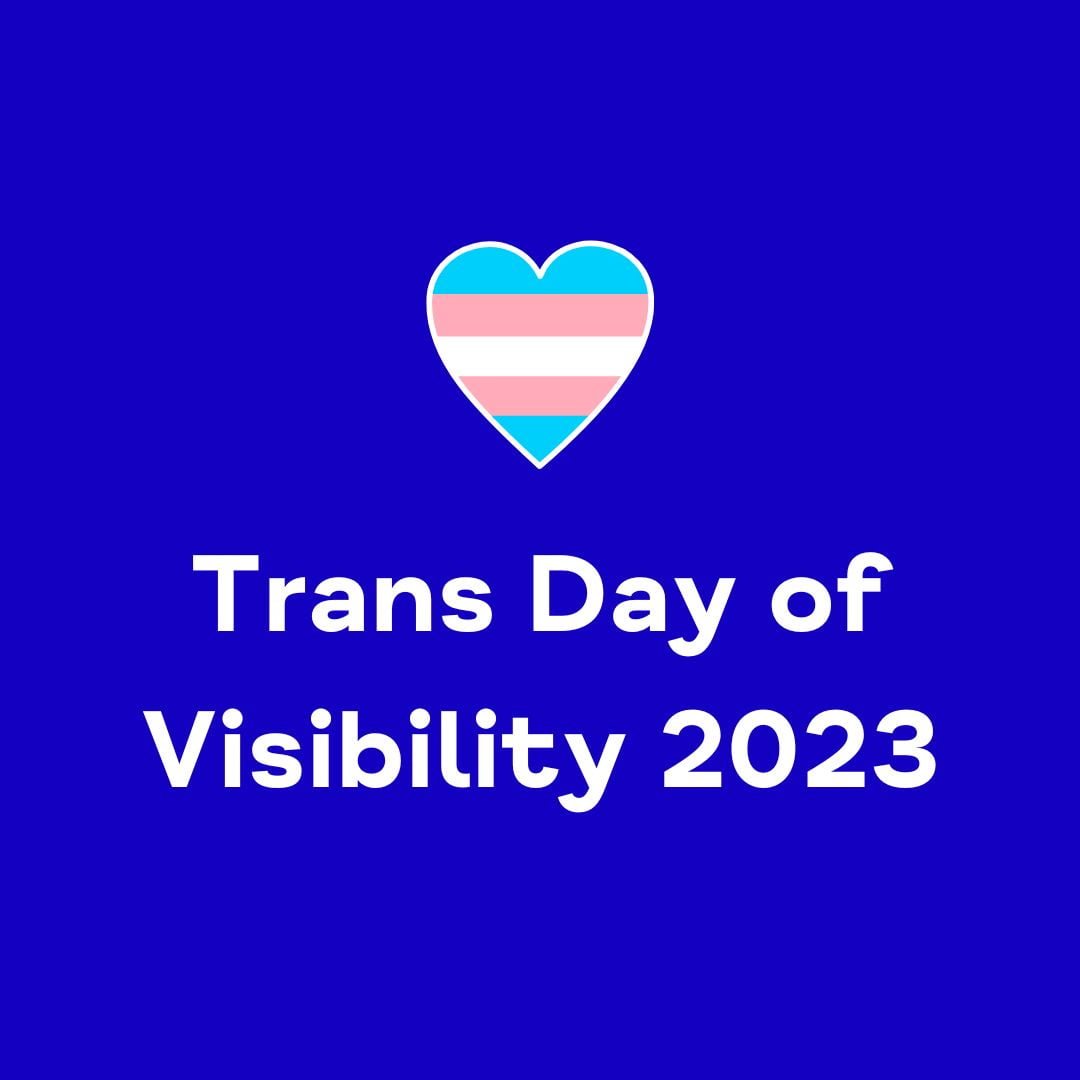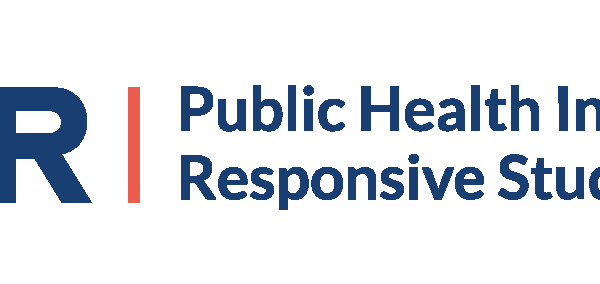Every year, it is great to see more and more organisations observing occasions that aim to celebrate our LGBT+ communities and raise awareness, including Pride, Trans Day of Visibility, LGBT+ History Month and many more.
We observe these occasions because we know that being able and feeling safe to be your authentic self is critical to our mental wellbeing. But to achieve meaningful inclusion, it’s important for organisations to support LGBTQIA+ staff and communities all year round.
Leigh Staunton, co-ordinator for the Leeds Mindful Employer Network, reflects in this blog.

“I know from my work with our network members that you can create a sustainable and well-embedded approach to supporting LGBTQIA+ employees in a variety of ways. For example, through inclusive policies and processes and educating all staff about allyship and gender-inclusive language.
Weaving a culture of inclusivity into the fabric of organisations all year round is essential if it is to be authentic and have meaningful impact.
At Leeds Mind, one of the ways we’re doing this was to host an informal Tea and Talk event that was delivered by our Equality Diversity Inclusion and Belonging Group.
The event was called ‘Pronouns: our experiences and their importance’ and was hosted by trans and non-binary colleagues. It was a very useful learning experience that I’m definitely going to share with local employers in the Leeds Mindful Employer Network. I’ve learned things that can be put into practice in the workplace every day.
Key takeaways were:
- If you get someone’s pronouns wrong then it’s good to apologise in the moment, correct yourself and move on with the conversation you had been having
- If you don’t or are unable to acknowledge your mistake at the time, then the best apology you can give is to simply ensure you use the correct pronouns next time
- Allyship is very important. If a someone uses the wrong pronouns for a colleague in front of you, then politely correct them, whether the colleague that has been misgendered is there or not. That colleague may have had to correct people many times, so it’s refreshing and encouraging for someone else to step in and have that conversation instead
- The topic of pronouns can be triggering and upsetting for anyone who is questioning their gender identity. Always consider this when requesting that pronouns be shared. They should only be shared if the person feels comfortable and safe in doing so
- Everyone is different – if you are not sure of something, then ask (choosing an appropriate time and space to do so)
I am extremely grateful to my colleagues for taking the time to share their experiences and facilitate conversation around this important topic – thank you all.
It should be recognised that conversations around trans and wider LGBTQIA+ people should not be confined to one awareness day, week or month, but are a regular part of your workplace culture that raises awareness and encourages inclusion.”



